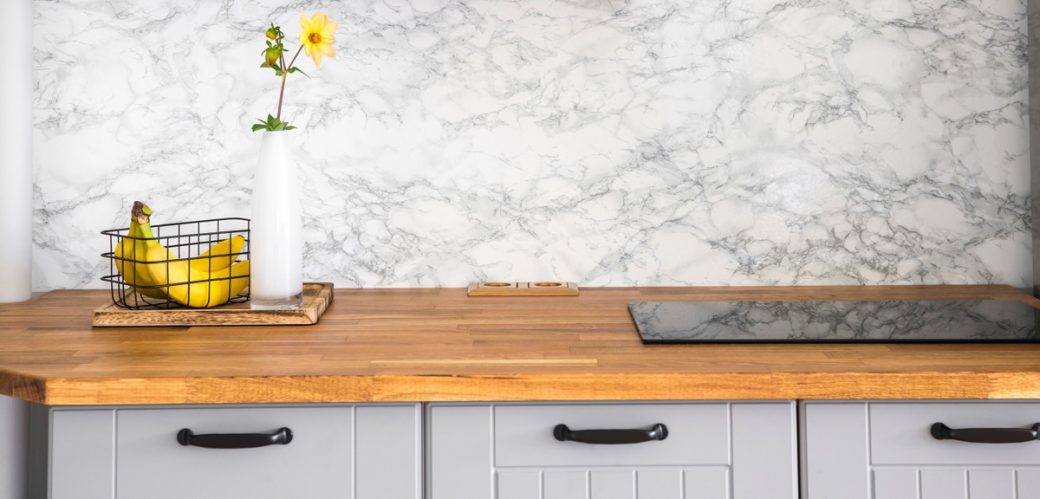Despite the myths and misconceptions surrounding home inspections val de vie, it is important to prioritize this step in the buying process. It can reveal a number of issues that you may be able to address through negotiations with the seller or with your realtor. For example, you might be able to request that the seller have certain systems repaired or risks addressed prior to your move-in date. In addition, a home inspection can give you bargaining power, and the insights it provides will help you make an informed investment.
A home inspector can also identify electrical safety hazards like poorly plugged in outlets or a non-functioning GFCI. A thorough inspection can prevent costly and hazardous problems down the road.
Cost
The cost of home inspections varies, and it is best to find a licensed inspector that offers quality service. You should avoid hiring someone who charges the lowest amount, as this may mean a less thorough inspection and missed problems. These problems may be costly or even dangerous for the family. For instance, a malfunctioning GFCI could cause electrical shock.
In addition to assessing the physical structure, a home inspector will also look for problems with the home’s systems. These include plumbing, heating, cooling, and electrical systems. In some cases, the inspector may recommend a specialist to assess issues such as septic systems, wells, termites, and radon.
Many mortgage lenders require a home inspection before loaning funds for the purchase of a property. This helps them minimize their risk by reducing the likelihood of future costly repairs. It can also help you negotiate a better deal with the seller and save you money in the long run.
Benefits
Regardless of the age of a home, it is important to have it inspected. It can save you a lot of money and hassle in the long run. During the inspection, the inspector will look at the home’s structure and accessible components to identify any problems. The results of the inspection will be presented in a report. You should also be present during the inspection so that you can ask questions and get a firsthand explanation of the findings.
Schedule
A home inspection is an examination of a property’s condition and safety. It may include checking the heating and cooling system, examining water and sewage systems and other plumbing work, and looking for any potential fire or safety hazards. It can also check for damage from insect, mold, and water contamination.
However, a home inspection is not the same as an appraisal, which is performed by a licensed appraiser and used to determine the value of a property. The appraisal is typically required and scheduled by a lender when a buyer applies for a mortgage to purchase a property.
A quality home inspector will look for any flaws in the structure of the house, such as the roof or foundation. They can also identify the kind of wiring the house has and ensure that it has ground fault circuit interrupters in place, which protect against electrical shock and fires. The inspector will also examine the interior of the house, such as the kitchen and bathrooms.
Safety
Safety is an important part of the home inspection process. Inspectors may need to crawl in attics, climb on roofs, and use various tools that can pose a risk to their health. It’s essential for home inspectors to understand and prioritize safety issues. Having proper safety precautions in place will ensure that the inspection is conducted without any issues.
During the home inspection, the inspector will look for any signs of pest damage and will inspect the electrical system. They will also check the condition of the foundation, stairs, windows, and the roof. The inspector will also identify any potential safety hazards such as loose wiring or unstable floor boards.
A home inspection can be a valuable tool for real estate transactions. Depending on the results of the inspection, a buyer can choose to close the sale, renegotiate the price, or back out of the deal altogether. Moreover, buyers should always have a contingency in the purchase agreement if the home has serious defects that the seller cannot or will not correct.

